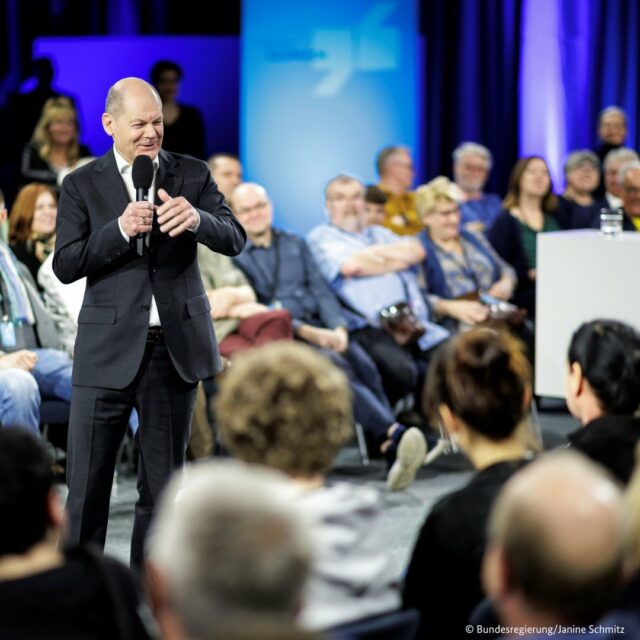Germany believes that China and Russia are carrying out espionage activities in the country. The country recently arrested four Germans – three men and a woman – whom they have accused of seeking appropriate technology for military purposes for China.
German Justice Minister Marco Buschmann stated in a statement that “at the time of their arrest, the accused were in further negotiations about research projects that could be particularly useful for expanding China’s maritime combat power.” Countering his claims, the Chinese embassy in Berlin said Beijing stated in an emailed statement. “We call on Germany to desist from exploiting the espionage accusation to politically manipulate the image of China and defame China.”
The arrest of the four people is alarming enough for Germans but what has really worried the country is the recent arrest of an aide to a far-right German politician on Tuesday. Jian G, 43, aide to AfD MEP and European election candidate Maximilian Krah, was nabbed by authorities in Dresden on Tuesday who accused him of passing on information about the European Parliament to China.
Reacting to the new German Chancellor Olaf Scholz said on Wednesday in a press conference. “We cannot accept spying against us, whichever country it comes from,” he said. Recent arrests of alleged spies “shouldn’t cause complacency but spur us to get on the trail of all who spy in our countries,” he added.
The fact that he was arrested has come as no surprise to Germany’s domestic intelligence service who has long warned about the China threat. In a 2023 intelligence assessment report, the agency had this to say about China. “China’s global ambitions are being pursued to get more and more power, and it can be expected to further intensify its espionage activities as well as seek to influence state actors,” the report read adding that the country should expect more such attacks.
The problem however isn’t just China. Intelligence services point out that far-right parties such as the Alternative for Germany (AfD) are seen as having sympathies with and close ties to Russia. According to a report in Der Spiegel, Russia’s anti-liberal, anti-EU and Nato, and homophobic policies resonate with many members of the party, some of whom have sought to formalise the relationship with Moscow. Leading AfD politicians like deputy head Alexander Gauland have pursued a pro-Russian course since the party’s founding three years ago and AfD politicians have been invited to panels and conferences being held in Moscow
According to a DW report, Germany’s intelligence service expects Russian espionage, along with China’s, to increase in the country. Shortly after the start of Russia’s war on Ukraine, Germany expelled around 40 suspected agents who were accredited to the Russian embassy in Berlin. This is a trend German intelligence services believe will continue.
Traveller, bibliophile and wordsmith with a yen for international relations. A journalist and budding author of short fiction, life is a daily struggle to uncover the latest breaking story while attempting to be Hemingway in the self-same time. Focussed especially on Europe and West Asia, discussing Brexit, the Iran crisis and all matters related is a passion that endures to this day. Believes firmly that life without the written word is a life best not lived. That’s me, Ashwin Ahmad.





